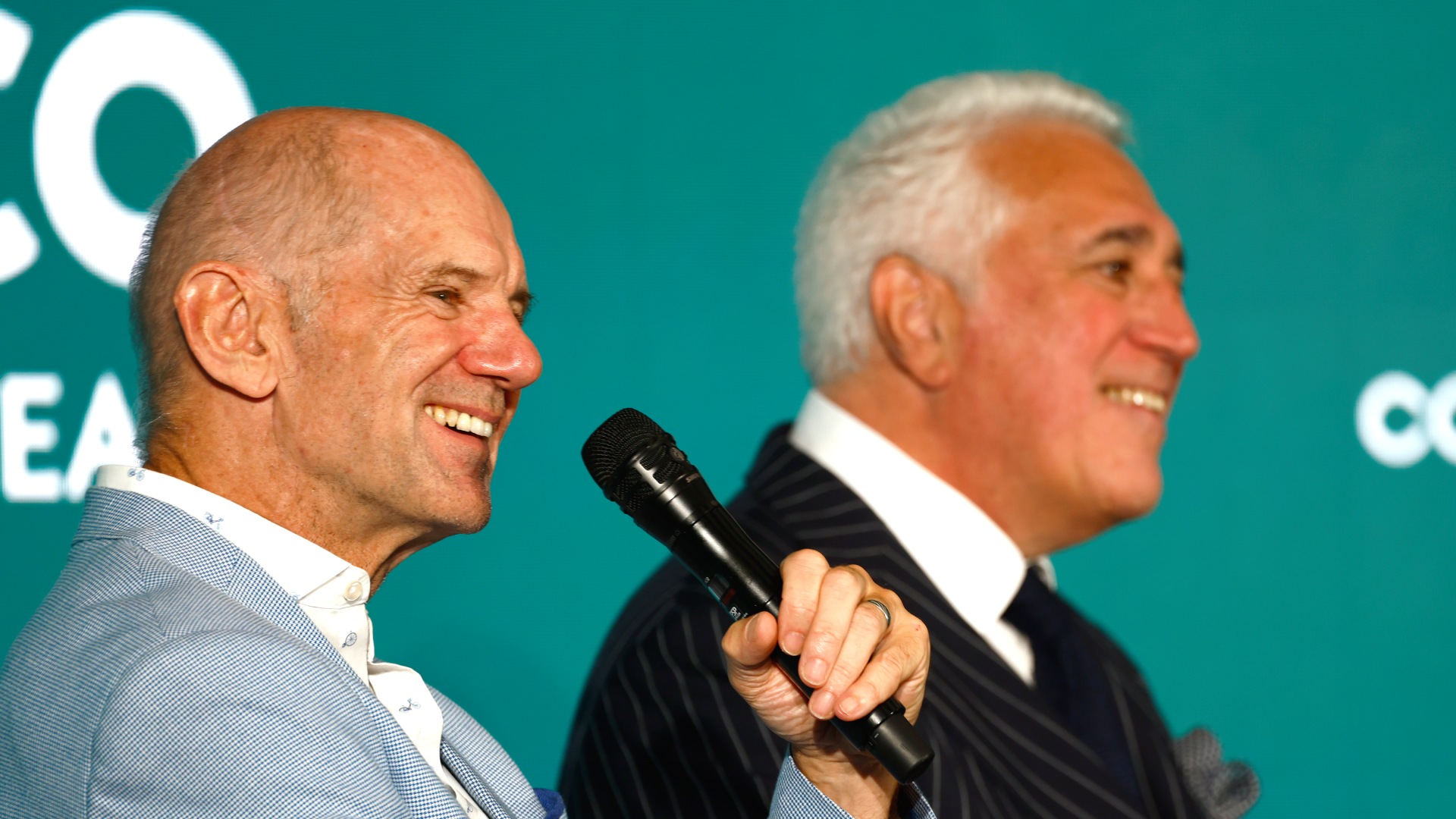Career
Motorsport jobs: A guide on how to build a career in the industry – and the essential skills needed
by Rahil Hashmi
6min read

Motorsport is a wide-ranging industry with numerous pathways and seemingly endless possible careers – so finding a place to start can feel intimidating at times.
That's why we've created a guide to getting your foot in the door of a career in motorsport, with Motorsport UK – the national membership organisation and governing body for four-wheeled motorsport in the United Kingdom.
Motorsport UK includes a community of 700 affiliated motor clubs, 30,000 competition licence holders, 10,000 volunteer marshals and so many more spectators and fans. The organisation aims to use its reach and influence to progress the promotion of the sport, provide education and training, and invest in formats, events and technologies to make it easier for everyone to participate.
The organisation's CEO Hugh Chambers is steering the future of British motorsport.
“Ultimately, my responsibility is for the long term sustainability of motorsport in the United Kingdom,” he says.
“Practically, that means looking out for a community of about 100,000 people who compete, officiate or marshal."
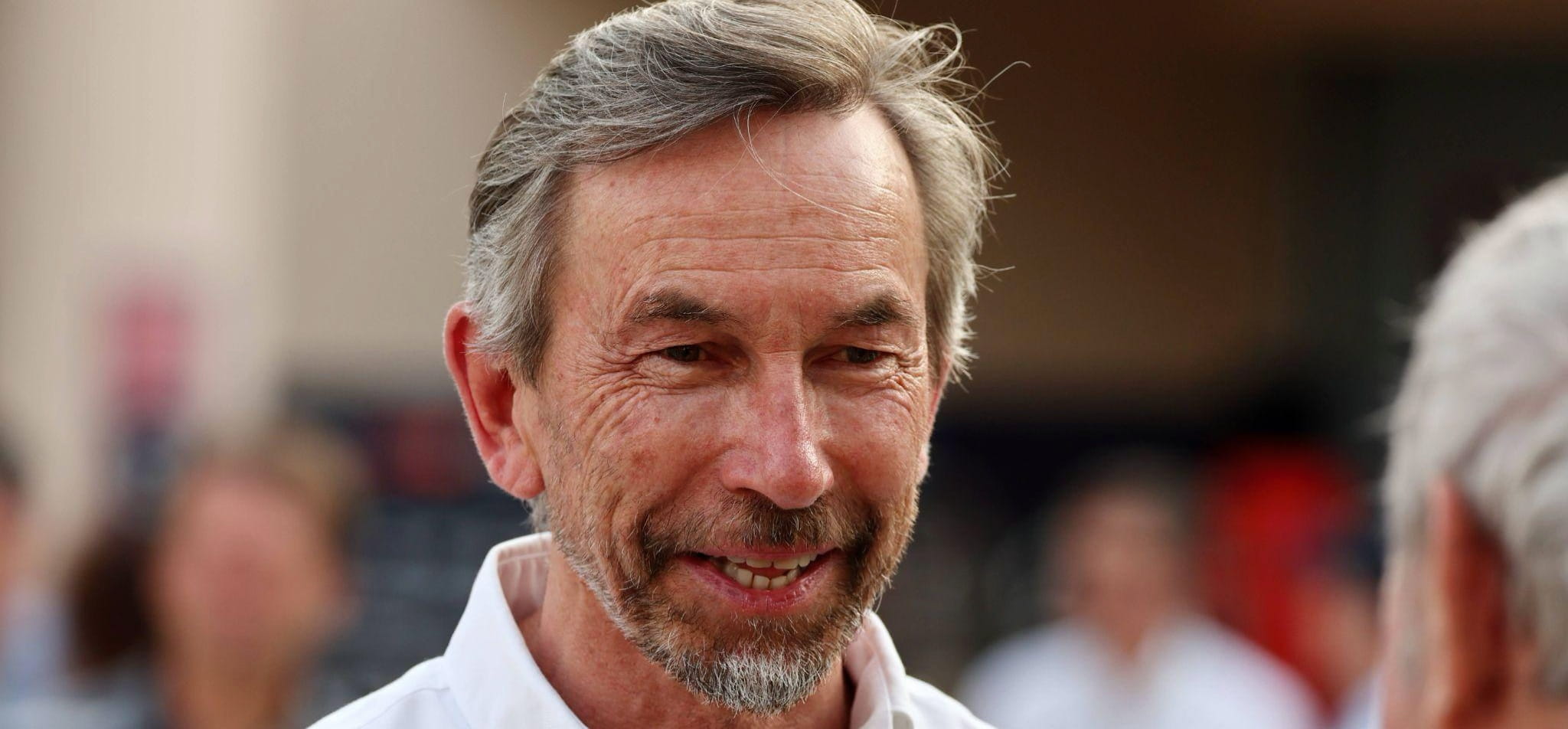
Motorsport UK CEO Hugh Chambers has led the organisation since 2018
Essential skills and strategies
Without existing connections in the industry, breaking into motorsport seems almost impossible.
Chambers believes that anyone with passion and determination can forge their own path.
“People are remarkably helpful within the motorsport community,” he says. “Anybody who is enthusiastic and shows some knowledge, people want to help.”
Where to begin, then?
“A very good starting point is to join your local motor club,” says Chambers.
Motor clubs are groups located across the UK - with equivalent clubs across the world - that organise motorsport events that often have a much lower barrier to entry than professional motorsport. There are more than 5,000 annual motorsport events organised by clubs in the UK alone.
“At that local motor club, you'll find people who are passionate about the sport, are experts about the different disciplines and what you can do, whether it's volunteering or it's competing,” explains Motorsport UK's CEO.
“Once you get involved in a community, that builds a network.”
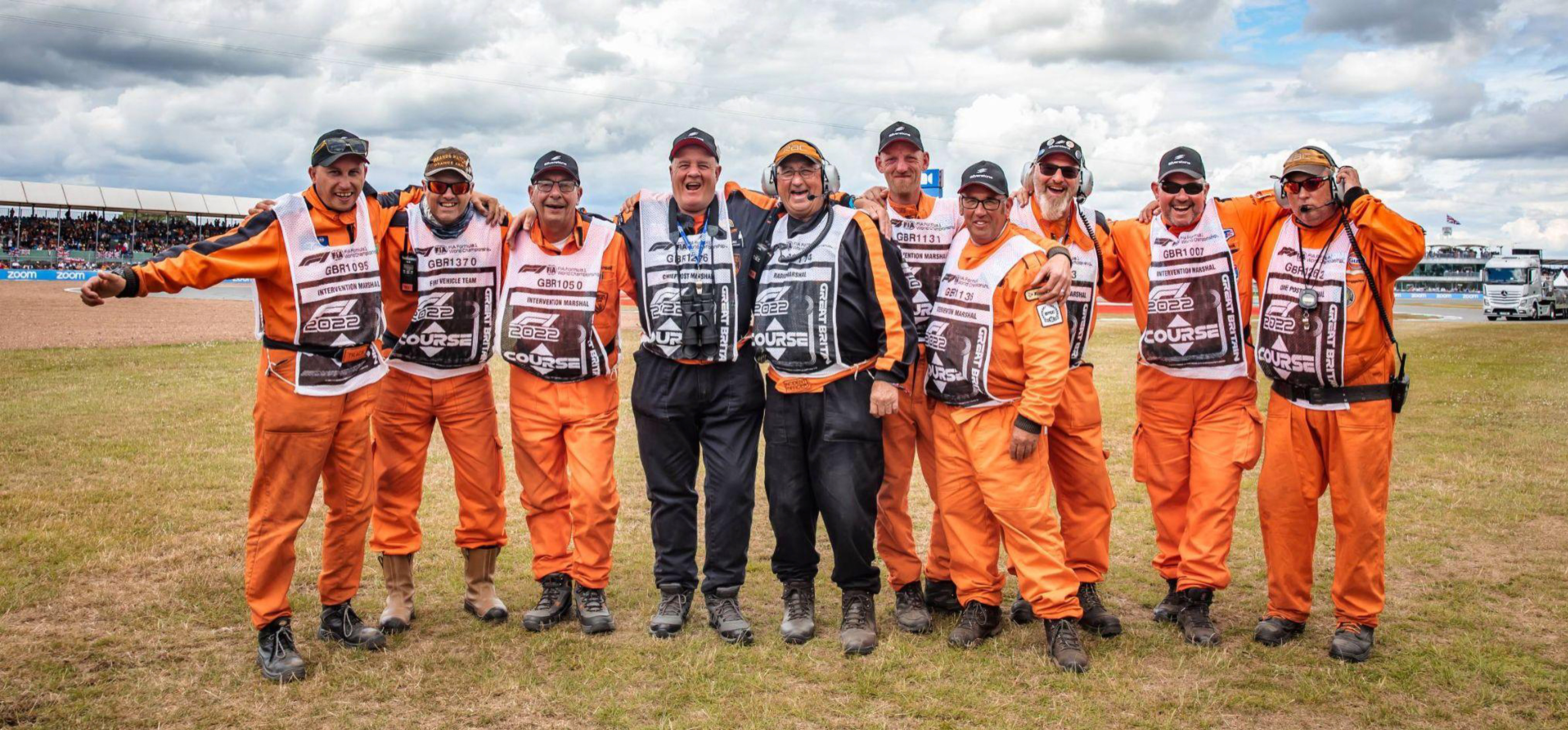
Volunteer marshals at the 2024 British Formula 1 Grand Prix, Silverstone
Motorsport UK has been responsible for several projects which are all about involvement such as Girls on Track and Streetcar, the latter being an event which allows any motorsport fan to compete using their everyday road cars in a variety of disciplines, from autotests to rallies.
“People who have established networks are not as attractive as people who create their own networks,” adds Chambers.
A practical tip he offers is sending a well-written letter to a key figure in the industry.
“You'd be surprised how few letters chief executives get,” he says.
That personal touch can make the difference. Of course, there's plenty of room to use technology to your benefit within motorsport.
As with any community, engagement is about communication.
Hugh Chambers
, Motorsport UK CEO
Adapting to the evolving career landscape
Motorsport is constantly changing. Every year, major championships undergo major regulation changes. For example, the FIA Formula 3 World Championship is changing chassis for the 2025 season while the British Touring Car Championship (BTCC) is ditching hybrid powertrains and adopting fuel from more sustainable sources.
“The biggest change is the shift away from vehicle manufacturers extending their engagement to national and club level.” says Chambers.
The relative lack of manufacturer interest, with major players backing domestic and international motorsport, has changed the motorsport landscape over the last three decades.
“Ninety-nine percent of motorsport in this country is funded out of people's own pockets, or the company that they are tied to,” says Chambers of the UK.
So, how does one keep up with motorsport's dynamic nature?
Chambers points to the power of the internet as a tool to communicate, build networks, and build knowledge. He explains that candidates who show the initiative to research their chosen fields – whether that's engineering or journalism – are much more attractive to companies within the motorsport sector.
Turning up to an event, meeting, or job interview having explored the sector of motorsport that you're aiming to forge a career will set you apart. Furthermore, that knowledge will help you connect with others and contribute to conversations.
“Armed with that knowledge, you're equipped to build a network based on that. Going into a network where you have already begun to establish a point of view is likely to make you more interesting and more attractive [to potential employers].”

Seven-time Formula 1 champion Lewis Hamilton with students at the Mulberry Schools Academy, where Mercedes runs STEM-focused events
Embracing new motorsport technologies
With new technologies constantly emerging and regulations ever-evolving, the future of motorsport is hard to predict - but one of the emerging trends is a move to lower-carbon fuels such as e-fuels and the continued adoption of more sustainably-based fuels.
The aforementioned BTCC is one of those series adopting more sustainable fuels, while historic motorsport events such as the Goodwood Revival and Members’ Meeting are leading the way when it comes to older cars.
Formula 1 is adopting lower-carbon fuels from 2026 with the help of Aramco, while Extreme E is switching to hydrogen and becoming Extreme H from 2025 - using ENOWA’s green hydrogen plant in NEOM, Saudi Arabia.
Chambers says that the advent of different types of fuels is “tremendously exciting”.
He says new fuels can revolutionise motorsport and mobility as a whole, “not just because these are drop-in fuels… but because of the crossover benefits that could be derived by society as a whole.”
He adds that events such as the Goodwood Revival are a crucial and effective way to test these technologies.
“There’s a lot more that is not known than is known on this subject,” he says of motorsport’s adoption of alternative fuel sources.
Chambers adds that motorsport’s move towards lower-carbon fuels and alternative power sources is only increasing the amount of opportunities available to people aspiring to enter the industry.

Extreme E is transitioning to hydrogen power and changing to Extreme H from 2025
Supporting the motorsport community
The motorsport community is diverse and active throughout the UK but also across the world. Your local motorsport body will be able to point you in the right direction to join like-minded people and open the door to a potential career.
"There’s a community of around 100,000 people directly involved in motorsport in this country," Chambers says.
“And as with any community, engagement is about communication. Engagement is about feeling valued and relating to other people… with shared values, shared ambitions and shared plans.”
By understanding how your local motorsport community engages with the sport, you can identify opportunities to contribute.
For example, students who join their local motorsport club will be better equipped to tailor marketing efforts to a similar demographic, or organise an event that captures the attention of like-minded people who want to enter motorsport in any capacity.
The future of professional motorsport is being shaped by myriad forces, but young, aspiring engineers, journalists, marketers, marshals, and drivers, will always be a driving force to affect change at a grassroots level. And that change will slowly shape the higher echelons of the motorsport industry.
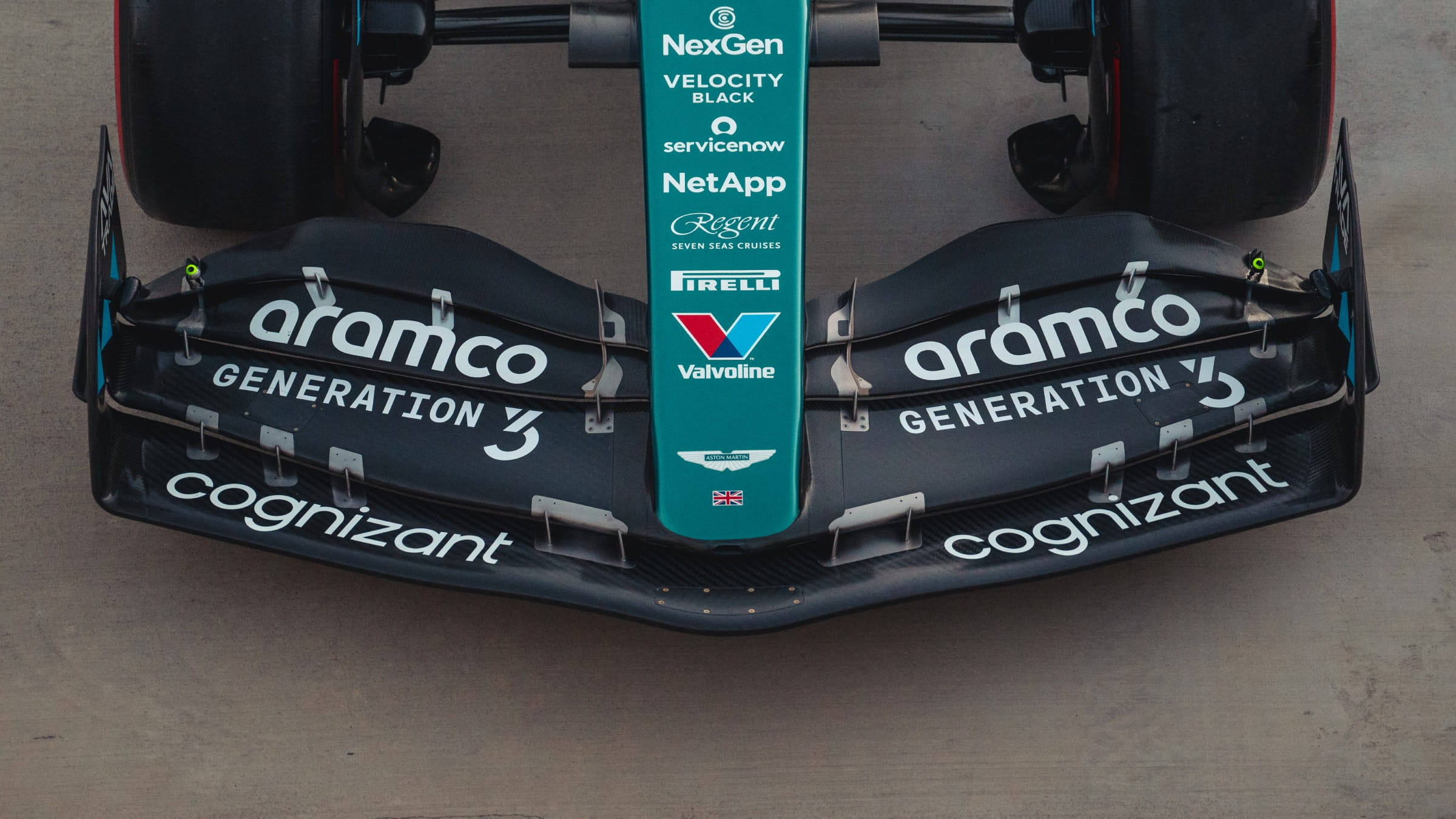

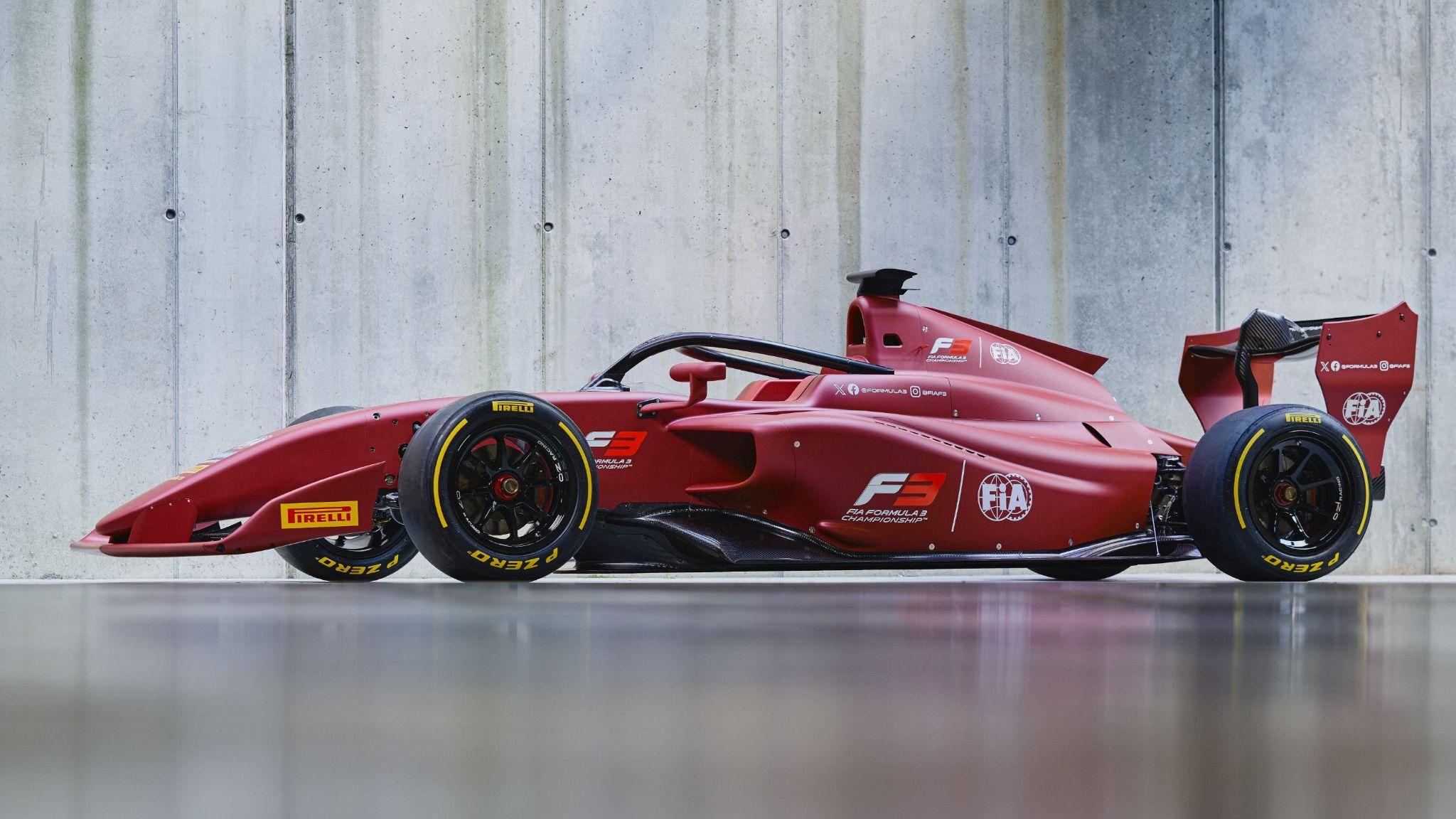
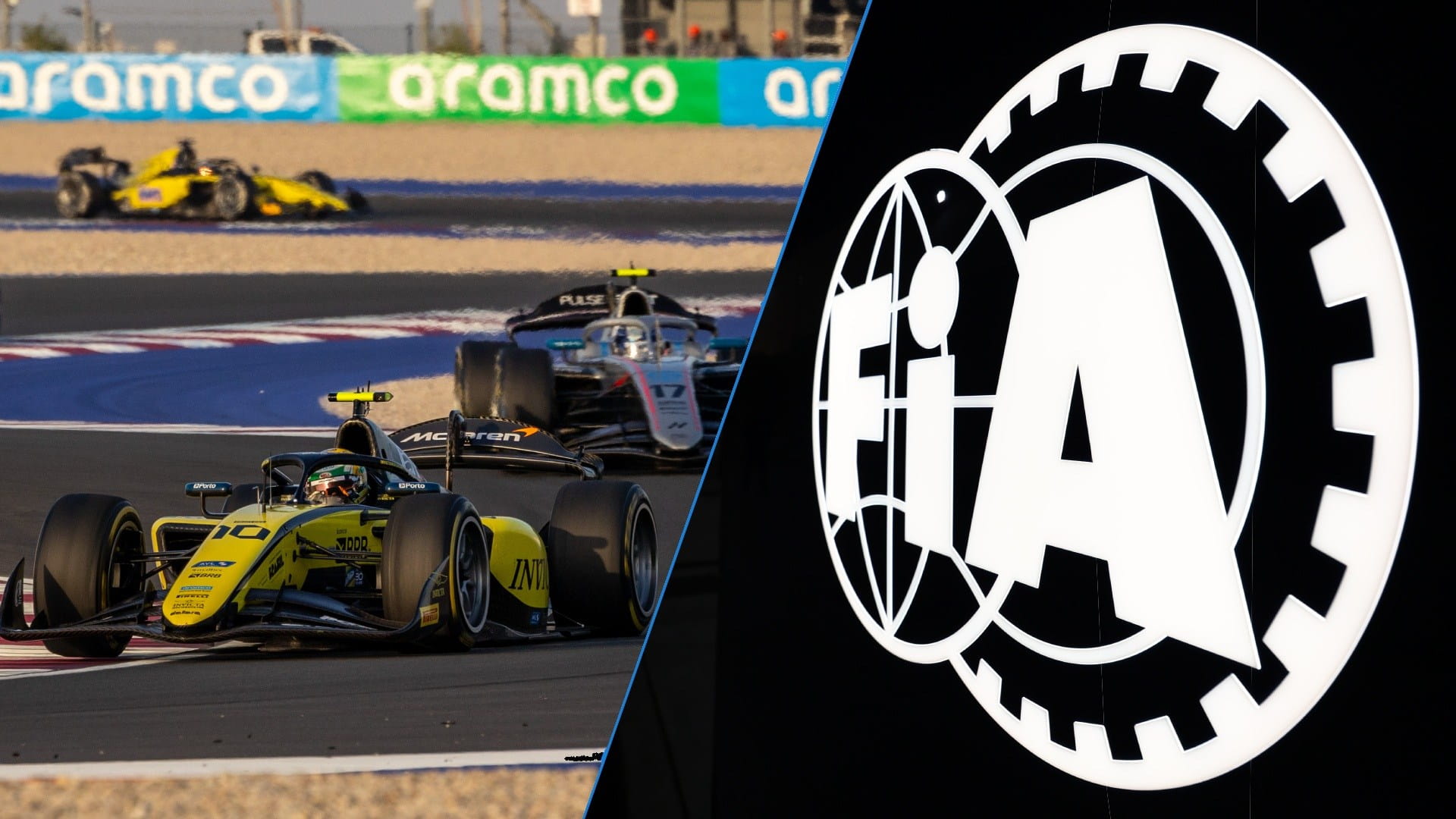
.jpg?cx=0.5&cy=0.5)

